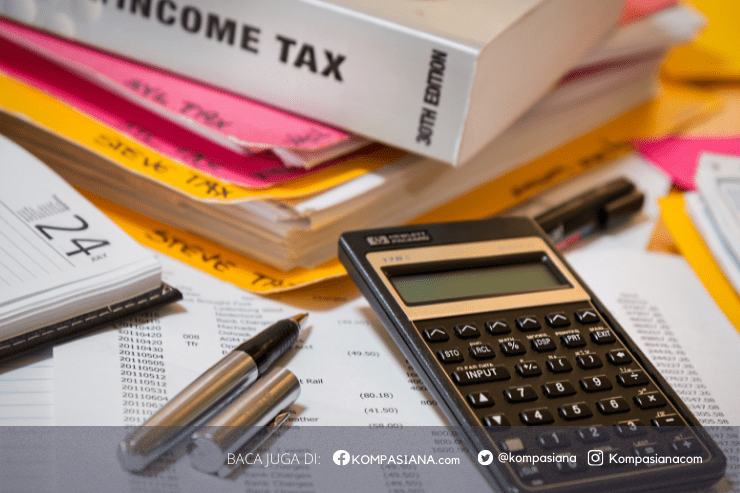For example, a broker might offer super-low spreads but charge $3 per lot per side. And do you know what it means?
That simply means that a round trip (open and close) costs $6 per trade.
Here is how you can check for an ideal broker:
- Check if your broker is charging commissions in addition to spreads.
- Compare the types of accounts offered, because sometimes a slightly wider spread with no commission may cost you the same (or less).
- Always factor both spread and commission into your break-even point.
If you're not sure which setup works best, you can try a demo account where you can place trades in a virtual environment and get familiar before jumping into the live market setup.
Unexpected cost of Slippage
Slippage happens when your trade is executed at a different price than expected. And the reason behind it is mostly high volatility, or it can happen when the market moves too quickly for your broker to match the quoted price.
Here is an example: let's consider that you want to buy EUR/USD at 1.1050, but by the time your order is processed, you actually get in at 1.1054. That 4-pip difference is called slippage. And yes, it is a cost.
Now, let's see why slippage happens.
Well, majorly it can happen because of:
- Fast market moves (e.g., during news announcements)
- Low liquidity, particularly when it is about exotic pairs.
- Slow execution speed or technical days.
The concern with slippage is that it can go in your favour, but mostly it works against you. The only way to overcome this issue is that you need to choose a broker that offers fast execution and deep liquidity.
How to reduce the overall cost of Forex trading?
Here are a few tips that can help you keep your costs under control while trading forex:
- Trade during peak hours: You should trade forex during the peak hours, like the London and New York sessions, as at that time, the spreads are tighter.
- Avoid trading around high-impact news: if you are someone who trades with a strategy that is not built for volatile times, then avoiding trades at high-impact news is a must for you.
- Use limit orders: instead of using market orders, you should use limit orders, as it can reduce slippage.
- Compare brokers: comparing brokers and account types effectively based on spreads, commissions, and execution to help you reduce unnecessary costs. If you are new, try to trade forex online with Exclusive Markets, where spreads are competitive and execution is built for speed.
- Track your costs: There are a lot of trading broker platforms that have the feature to see fees and slippage history.







